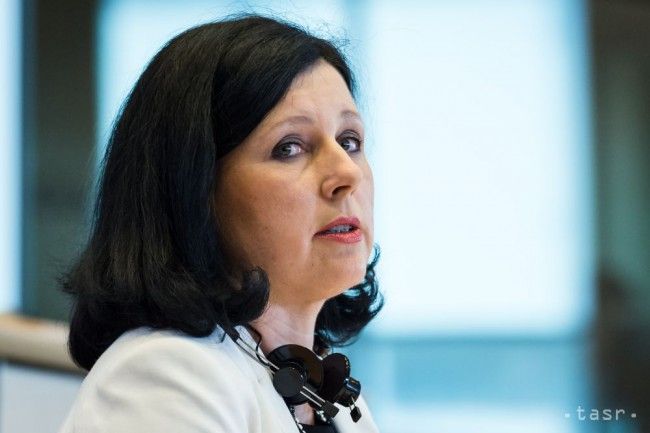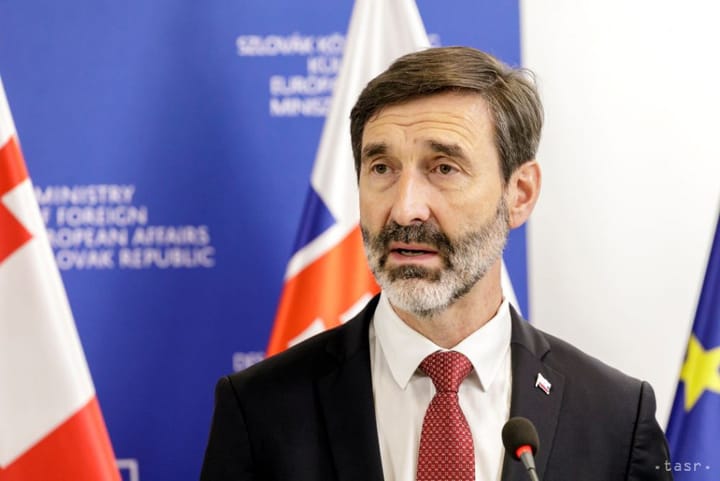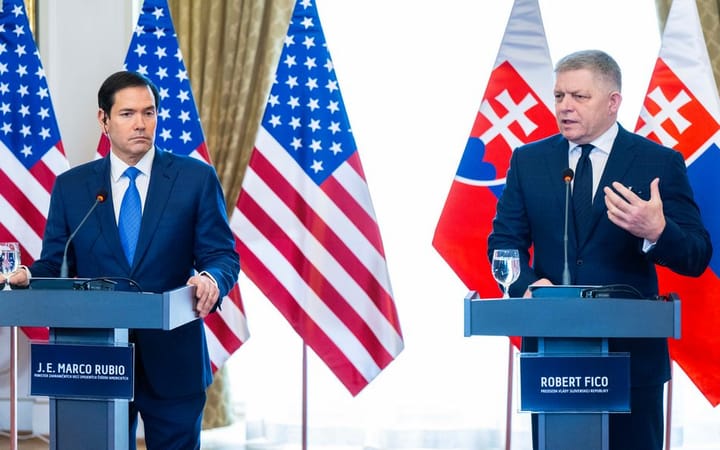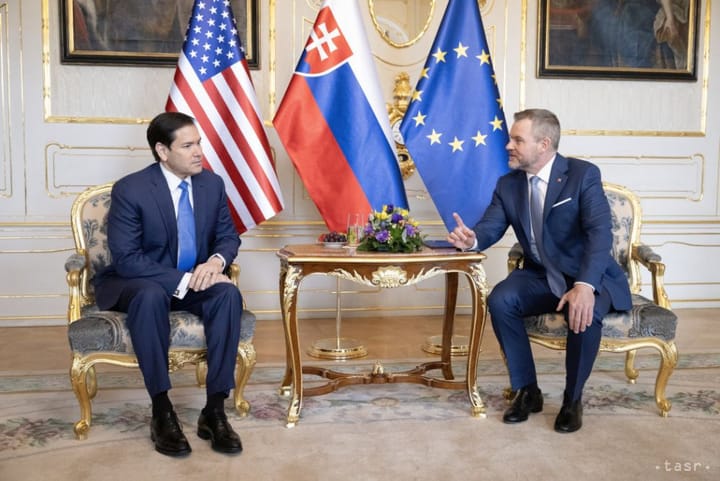Jourova: Europe Can't Waste Potential of Another Roma Generation

Bratislava, October 10 (TASR) – Young Roma in Europe have a lot of skills and capacities and would like to participate actively in shaping their own future, but they often lack opportunities to use their capabilities to the fullest, said European Commissioner for Justice, Consumers and Gender Equality Vera Jourova at a conference in Bratislava on Monday.
Europe can’t afford to waste the potential of yet another generation of Roma people, added Jourova.
The conference labelled ‘Empowerment of Roma Youth as a Driving Force behind Change’ is focused on the support of key roles of the Roma youth as a driving force in the process of Roma integration. The conference should provide impetus for Europe and the EU-member states to overcome persisting barriers more effectively. “We’re here to listen to your hopes and your views. Your engagement is very important for the expansion of mainstream politics that pertains to the entire society,” noted Jourova.
Slovak Justice Minister Lucia Zitnanska (Most-Hid) warned that Slovakia owes a huge debt to the Roma youth. Despite Slovakia having one of the most progressive anti-discrimination programmes in Europe, an assessment of the real situation has shown that Roma have a 50-percent lower chance to be hired than people from the majority population with the same qualifications. “It’s our duty to change that,” stressed Zitnanska.
According to her, Slovakia has to react to the increase of extremism and racism more emphatically, as these prevent not only integration, but also the Roma population from tapping into their potential. “That’s why I’ve decided to initiate an extensive change of the Criminal Code concerning crimes linked to extremism and racially motivated crimes,” she warned, adding that part of the initiative should be the creation of a specialised court and a prosecution office that would handle such crimes.
Slovak Labour, Social Affairs and the Family Minister Jan Richter (Smer-SD) pointed out that the integration of Roma is an EU-wide issue. He described the integration as a moral and economic imperative. He also pointed to some activities and projects of the Slovak Government in terms of helping the Roma. “It’s not the Cabinet’s goal to import a cheap workforce from third countries but to prepare our own citizens to be able to take up a job. It pertains to the Roma community to a significant degree,” added Richter.
More than 250 participants from among the EU-member states will attend the conference, including young Roma, representatives of relevant ministries, international organisations, the European Commission, the European Parliament, the Council of Europe as well as representatives of non-governmental organisations, experts and policy makers in the area of social inclusion of Roma people.
The conference is organised under the auspices of the Labour, Social Affairs and the Family Ministry, the Education, Science, Research and Sport Ministry, the Office of the Government Proxy for Roma Communities and Slovakia’s Presidency of the Council of the EU.



